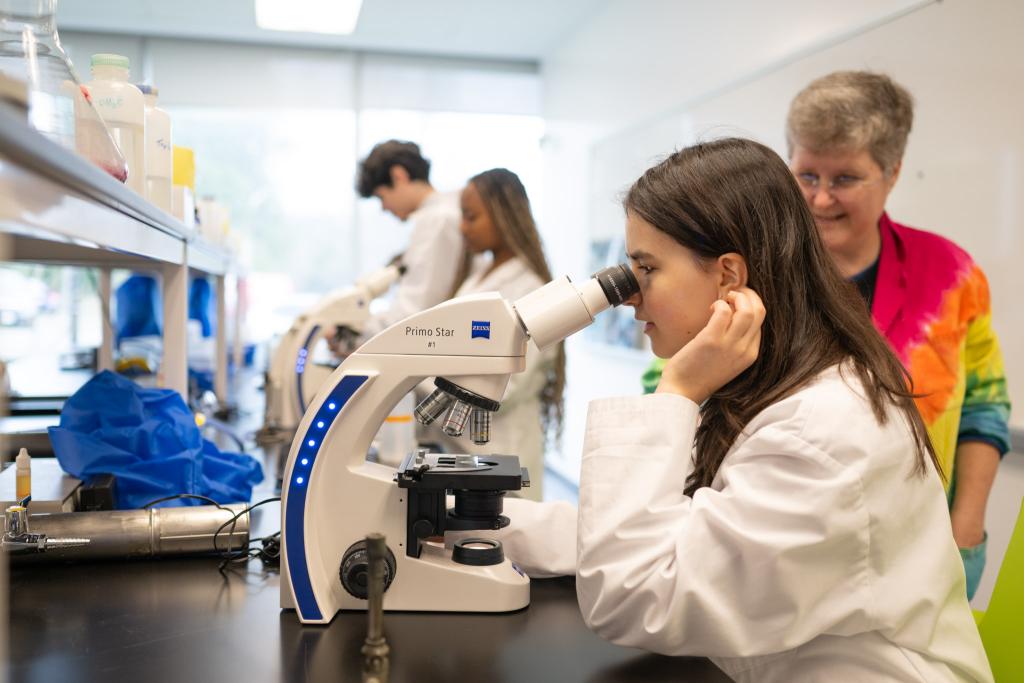
At Royal Roads University, we are committed to maintaining the highest standards of academic excellence. Our Quality Assurance policy includes a framework for academic planning to ensure that our programs continue to meet the evolving needs of students and our communities and prepare students to meet demands of the real world.
Academic program planning
We are committed to quality academic programming through established processes that support curriculum and program development.
Academic planning is supported by internal review and approval processes and through the RRU governance structure.
Internal review and processes
Academic planning is supported by the following operational groups, councils and committees:
- Advisory councils: Offer programs insight into sector-specific labour market needs and identify opportunities for program development.
- Academic Offerings Working Group: Supports an integrated and data-informed approach to academic planning, including an initial review of all new program concept proposals.
- Curriculum Committee: Responsible for the review and approval of new curriculum and changes to existing curriculum.
- Program areas: Every year, programs engage in an annual review in support of continuous quality improvement looking at enrolment data, instructor feedback, student evaluations and changes to curriculum.
RRU governance
Academic Planning is supported by the following governance councils:
- Academic Council: Advises on the criteria and priorities for the development of new and existing programs, reviews programs, and provides input on the academic strategic plan.
- Program and Research Council: Responsible for advising the Board on instructional program and research priorities.
Quality assurance
Annual reviews
At RRU, we prioritize the development and delivery of quality programming. Regular evaluations and a commitment to excellence are essential to our goal of delivering transformative, high-quality education that addresses the demands of the real world.
External reviews
Every five to seven years, our degree programs take part in a comprehensive external review for the purpose of program improvement. This process is
- Formative and constructive: Focused on continuous improvement and alignment with university commitments, industry and labour market needs.
- Independent: Conducted by external academics and scholar practitioners with diverse areas of expertise and perspectives.
- Holistic: Considers all aspects of the program to get a comprehensive understanding of its effectiveness and areas for improvement.